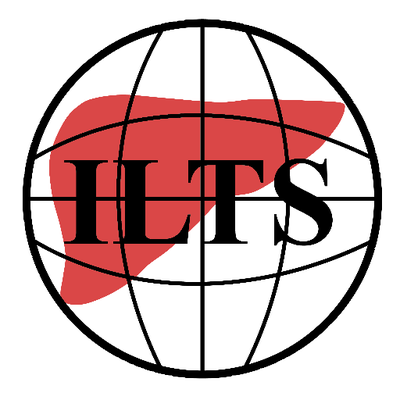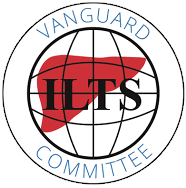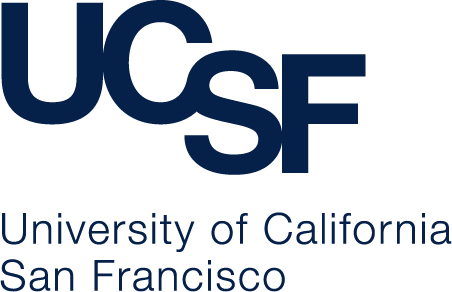
The International Robotic Transplant Registry is a focused, multicenter effort to capture real-world outcomes of robotic recipient solid organ transplantation. It launches with liver and will expand to other organs, building on the existing LDLTregistry.org platform while operating as an independent registry with its own scientific leadership and committees.
Purpose
Advance safe adoption of robotic transplantation through standardized data, benchmarking, and collaborative research. We aim to define safety and efficacy benchmarks, study learning curves, and share best practices globally.
Scope
Current focus is robotic liver transplantation, including deceased and living donor pathways. Planned expansion includes kidney and pancreas, with additional organs to follow as programs mature.
Team
The International Robotic Transplant Registry is led by dedicated investigators and independent committees that oversee science, data integrity, and operations. Membership will be updated as programs join.
- Chief Investigators: Dieter C. Broering, Adeel S. Khan, Enrico Benedetti
- Scientific Committee (TBC): Fabrizio Di Benedetto, Hugo Pinto Marques, Mohamed Rela, Dimitri A. Raptis, Juan P. Rocca, Seung Duk Lee, Kwang-Woong Lee, Kyung-Suk Suh, Inderbir Gill, Ivo G. Tzvetanov, Phillipe Abreu, Mario Spaggiari
- Data Management Committee: Dimitri A. Raptis, Michael Spiro, Enrico Prosperi
- Administration: Kris Ann H. Marquez, Bilal Elmikkaoui
Summary protocol
- Design: Prospective and retrospective observational registry with consecutive case inclusion across participating centers.
- Population: Adult and pediatric recipients undergoing robotic recipient transplantation, starting with liver programs meeting local approval requirements for data sharing and audit or quality-improvement participation.
- Data model: Domains include basic donor information, preoperative recipient status, operative robotic system specific details, perioperative course, complications, graft and patient outcomes, and follow-up.
- Outcomes: Primary outcomes include early morbidity and mortality; secondary outcomes include graft function, readmission, re-intervention, and learning curve characteristics.
The short and full version of the Registry Protocol will be soon made available here.
Governance and authorship
Independent scientific and management committees will direct scientific priorities and integrity. There will be both named as well as collaborative authorship (group authorship, PubMed indexed) policies recognizing contributing centers and verified local investigators.
Participate
Centers with active robotic recipient organ transplant programs are invited to join, commit to consecutive case submission, for both retrospective and prospective cases, and to maintain local approvals. The link for registration will be available here soon.
Case submission and CRF
Submit single cases via the electronic CRF or use the bulk upload template for larger cohorts (TBA). Paper and eCRF links will be posted here soon. In the interim, our team can provide further information guidance on request.
Contact
For center registration, committee interest, or CRF access, email: admin@ldltregistry.org. Responses are typically provided within one business day.







